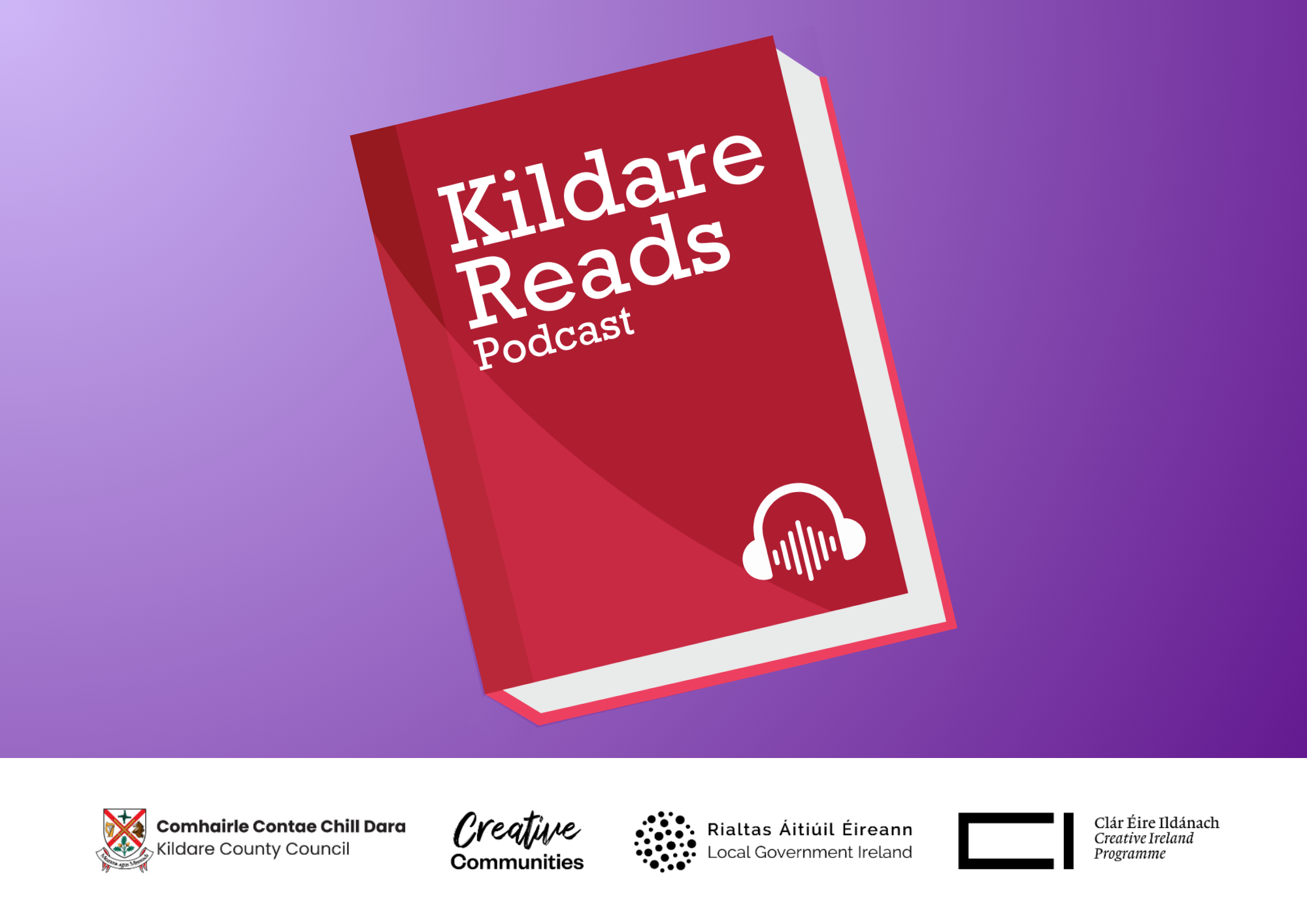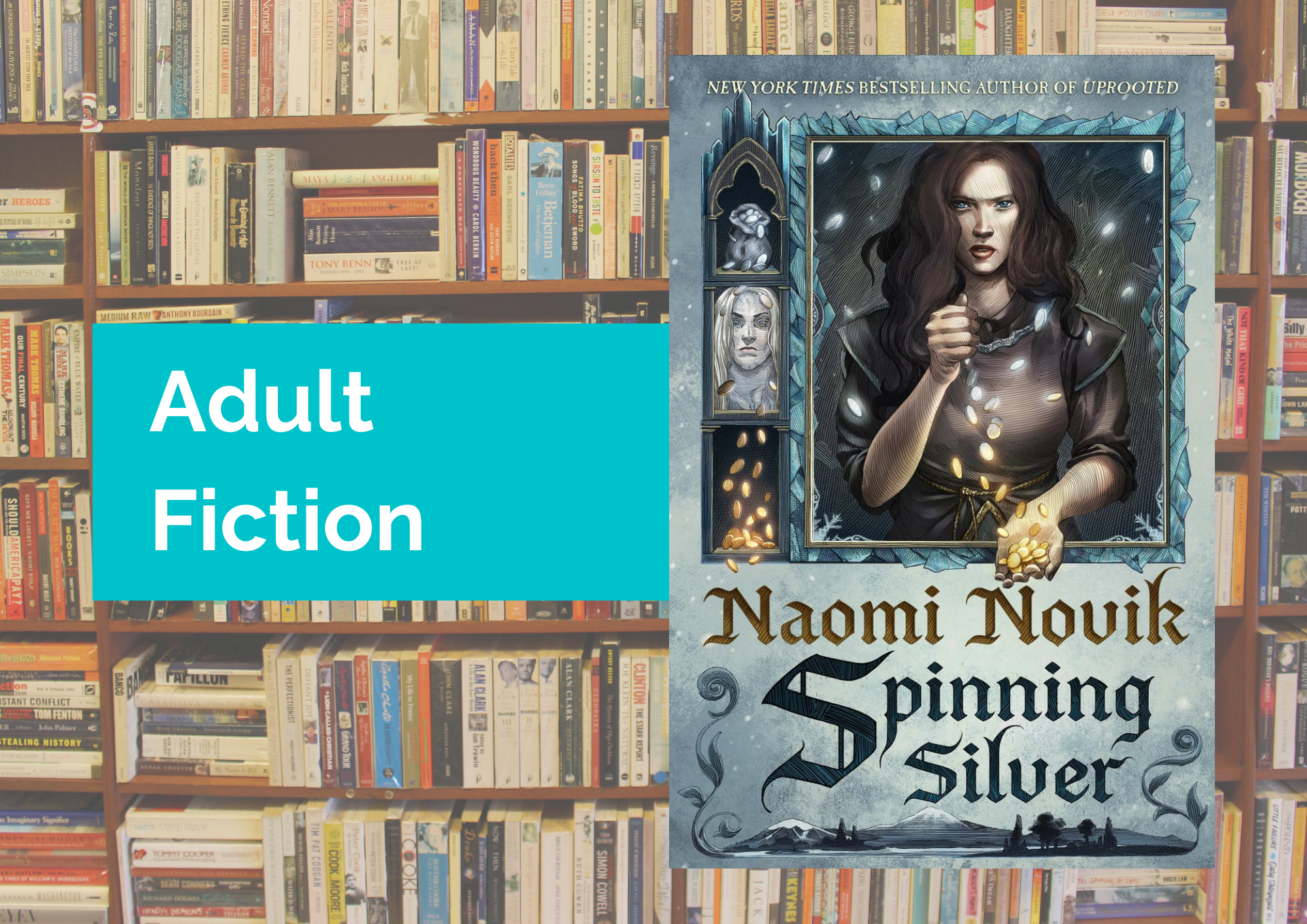
Author: Vasily Grossman
Review by: James Durney, Newbridge Library
When I read the review of the first ever English translation of Stalingrad by Vasily Grossman in June of last year I decided this was a must-read edition to my book collection. After some strong hints, my daughter bought it for me for Father’s Day. However, when the book was presented to me, I baulked at reading it. The novel itself is 895 pages, the Afterword and Notes – believe me you need to read them – are a further 65 pages. I resisted the commitment to read Stalingrad for some time, wondering where I would get the time to read it and how many other books could I read in the same period. Of course, when the COVID19 shutdown came I decided to attack this huge tome. I started reading Stalingrad on 16 March figuring this should get me through the crisis. Stalingrad was the most decisive battle of WWII, 1.8 million people became casualties, so this would fit in with the looming coronavirus crisis. Could we expect the same amount of carnage in our lifetime? Reading about the grim battle of Stalingrad now seemed to be the right time.
On 16 May after two-months of reading I finally finished Stalingrad. The novel centres on the members and associates of a single extended Russian family, the Shaposhnikovs – yes, the Russian names are a bit hard to grasp but there is a list of characters at the back, which comes in handy when you need to recall who is who. The book’s size is made less daunting by Grossman’s short chapters and his vivid writing style. Vasily Grossman is best known as the author of Life and Fate, regarded as the greatest Russian novel of the twentieth century. He was a Jewish war correspondent for Red Star, the Red Army newspaper and reported on the epic battle of Stalingrad and the fall of Berlin. Stalingrad is the prequel to Life and Fate and was written during the increasingly repressive and anti-Semitic last years of the Stalin regime. So, Grossman’s engagement with such risky topics as the battle’s viewpoint from the German side, the Soviet penal system, Russian nationalism and official anti-Semitism make this a worthwhile read. However, in order to get it published Stalingrad had to praise the Soviet Union and so is full of approved party spirit and salutes to the workers and resourceful commissars, along with ordinary Russian soldiers and civilians.
In the end, Stalingrad is an amazing and complicated book – well worth the read, if you have the time. I am following it up with another recently discovered manuscript – Breakout at Stalingrad by Heinrich Gerlach, who survived the battle. His manuscript, wrote while he was a POW, was confiscated by the Russian secret services in 1949, and was only recently rediscovered in the Russian archives. Look out for this book review, soon!
Stalingrad is available to borrow as an ebook on Bolinda Borrowbox






Leave a Reply